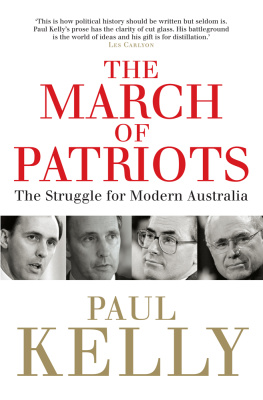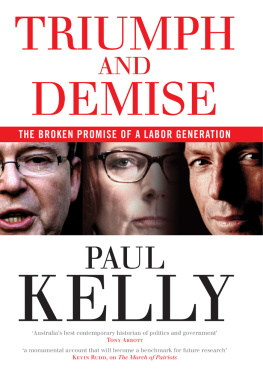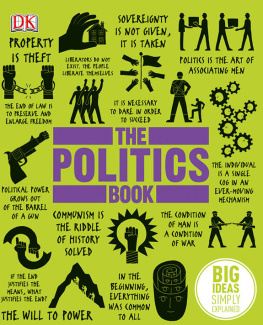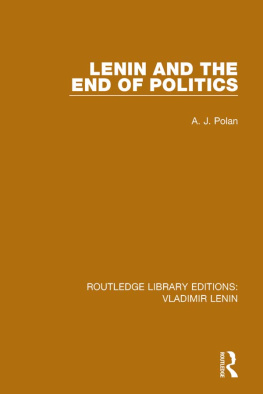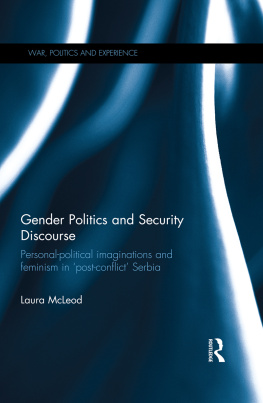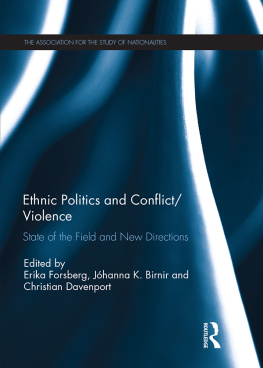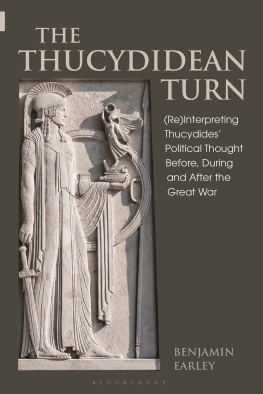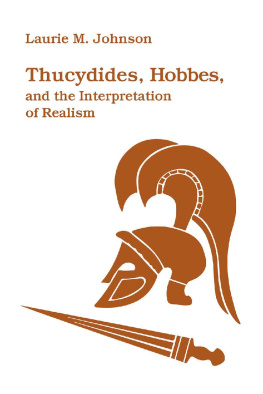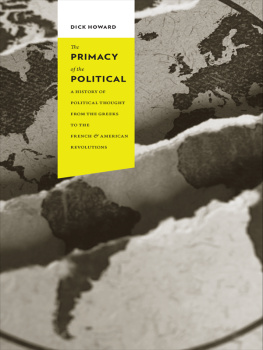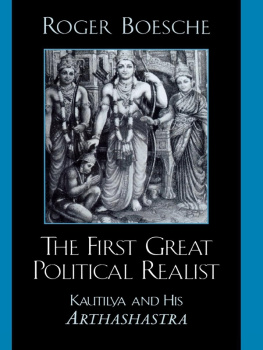Table of Contents
Conflict, War and Revolution
The problem of politics in international political thought
Paul Kelly

Published by
LSE Press
10 Portugal Street
London WC2A 2HD
press.lse.ac.uk
Text Paul Kelly 2022
First published 2022
Cover design by Diana Jarvis https://www.roamland-studio.co.uk/
Cover image: Severini, Gino (18831966): Armored Train in Action (Train blinde en action), 1915. New York, Museum of Modern Art (MoMA). Oil on canvas, 45 5/8 x 34 7/8 (115.8 x 88.5 cm). Gift of Richard S. Zeisler. 287.1986
Cover image credit: Digital image, The Museum of Modern Art, New York/Scala, Florence 2021. ADAGP, Paris and DACS, London 2021.
Print and digital versions typeset by Siliconchips Services Ltd.
ISBN (Paperback): 978-1-909890-72-5
ISBN (PDF): 978-1-909890-73-2
ISBN (EPUB): 978-1-909890-74-9
ISBN (Mobi): 978-1-909890-75-6
DOI: https://doi.org/10.31389/lsepress.cwr
This work is licensed under the Creative Commons Attribution 4.0 Unported License. To view a copy of this license, visit creativecommons.org /licenses/by/4.0/ or send a letter to Creative Commons, 444 Castro Street, Suite 900, Mountain View, California, 94041, USA. This license allows for copying any part of the work for personal and commercial use, providing author attribution is clearly stated.
The full text of this book has been peer-reviewed to ensure high academic standards. For our full publishing ethics policies, see http://press.lse.ac.uk
Suggested citation:
Kelly, Paul. 2022. Conflict, war and revolution: The problem of politics in international political thought . London: LSE Press. DOI: https://doi.org/10.31389/lsepress.cwr License: CC BY.
To read the free, open access version of this book online, visit https://doi.org/10.31389/lsepress.cwr or scan this QR code with your mobile device:

For G.W. Kelly (19322018)
Contents
Extended contents
Preface and acknowledgements
All books have a story and the acknowledgements provide the opportunity to tell it. For much of my career I have worked on and published political theory in a broadly liberal-egalitarian idiom. This book is rather different and needs an explanation. After nearly a decade as a department chair and then pro-director at LSE both roles I loved and where I got to work with some exceptional people I returned to a regular academic role writing political theory and teaching brilliant students. But a decade without major writing is a long time, and I did not want to spend my sabbatical in the library reading for a project that would only see the light of day many years in the future. I needed to begin writing something quickly, so I thought of writing up a course I had been teaching for years, as a possible textbook. When Nicola Scally, LSEs librarian, suggested I write a book for the new LSE Press she was setting up to publish online and open access books, I could not but rise to the provocation. I had had a long-term interest in online publication but was sceptical of online open access books. I am grateful to Nicola for that invitation and to Patrick Dunleavy, the subsequent editor in chief of LSE Press, who made sure the ambition turned into a reality and that I delivered it. I had had the pleasure of working with Patrick before, editing a journal, and he remains one of the most entrepreneurial academics at the LSE and in UK social science.
When I started writing the book, I realised the project was far too ambitious. This book was already long, and I had planned 24 chapters! As I worked on the book it was clear that my interests were in a particular direction and the character of the book was becoming more realist in orientation. It turns out that the book ended up bearing the mark of three political theorists: the late Glen Newey, Matt Sleat and Edward Hall, my last PhD student before going over to the dark side, who is now an established political theorist in his own right. Glen had always been a sort of sparring partner as he gently ridiculed my liberal-egalitarianism. Although he is no longer with us, I still hear his realist provocations. Matt spent time at the LSE before going to Sheffield and I had come to know and respect his work. But it was only when I read his Liberal Realism book that I got drawn into thinking more about the problems of political realism. Finally, Ed Hall probably did most to challenge my liberal-egalitarian presuppositions and he finally killed off my plan to complete a book on Ronald Dworkin: I am grateful for that. I still remain a kind of liberal-egalitarian, but I see that position and those values in a very different light: one illuminated by these three former friends, colleagues and students and, because of them, the thinkers I write about in this book.
Beyond them, the list of intellectual debts is so vast that I will just thank all my former teachers and all those who I have worked with or whose work I have read over the last four decades. I should also thank my current LSE undergraduate students. Returning to the classroom to discuss interesting ideas with some of the most talented and brilliant of young people is a priceless privilege only the LSEs Department of Government can offer.
I need to thank Anne. She is always thanked for her support, but this time around it is different. Over the last decade she has published four books and exhibited and taught all over the world. Following her around with a laptop and my online library made this book possible. The chapters often have an association with a place that is also the story of her travels, with me in tow. The book was conceived in Farindola in Italy, where she had a residency in 2018. Subsequent chapters were written in Limoges, on the beachfront at Newcastle (NSW, Australia), watching surfers and drinking extraordinary coffee whilst writing about Hobbes, or in Nelson and Wanganui (New Zealand), writing about Carl Schmitt. Other chapters have English stories: Harrogate, Lincoln, Salisbury, Ruthin, Mansfield, Cornwall. The book was finished during lockdown, and those memories of travel invisibly imprinted in each chapter have been enormously important to me as our worlds have necessarily closed in. Throughout that time, I have seen and enjoyed what she produced; now she can see what I was doing all that time.
The book is dedicated to my father. He died in the year I started writing it. He was not an intellectual and he worked in a factory, but he read widely and loved politics. When I went to university in 1980, he bought me the Clarendon edition of John Lockes Essay Concerning Human Understanding , edited by P.H. Nidditch. He could have bought me a cheap version. I treasure that book. This one is for him.
CHAPTER 1
Introduction
Conflict, war, revolution and the character of politics
We live in interesting times! Apocryphally, this is a Chinese curse, although there is little evidence that the English version, May you live in interesting times, matches any precise Chinese aphorism. Be that as it may, the times we live in are interesting, in that many very recent political preconceptions and trends of history are being turned on their heads, and this is happening in both confusing and troubling ways, the victims and beneficiaries of which are unclear. When Francis Fukuyama published his famous article The End of History in 1989, it coincided with the collapse of the USSR, the fall of the Berlin Wall and the end of the Cold War. Although too much triumphalism has been unfairly attributed to Fukuyamas subtle argument, the title certainly chimed with the age. It was also pretty much clear to everyone who the beneficiaries and losers of that historical moment were. Globalisation (and U.S. military power) defeated really existing socialism, and with the subsequent first Gulf War in 1991 the western military and economic order looked as if it had the blessing of history. This, coupled with what is often called the great moderation, the period of stable and steady economic growth in western developed economies unleashed by economic deregulation and globalised trade during the 1990s and the early 2000s, further vindicated globalised finance and the Washington consensus on growth an economic policy stance that is called globalisation by its supporters and neo-liberalism by its critics. In Europe and the European Union, many of the more enthusiastic EU backers saw a move away from the model of nation states as the end of history to a post-state order modelled on closer cooperation and integration: again. Although his argument is more subtle and qualified than this, we can see this optimism in the great German social and political philosopher Jrgen Habermas (Habermas 1998; 2005). Books were being written about the rise of cosmopolitan democracy, world politics and the new political configurations needed to govern this new order.


